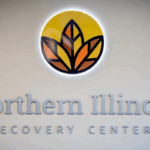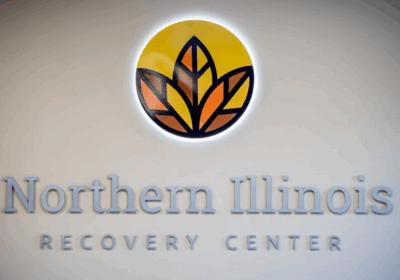
How does outpatient drug rehab support long term recovery?
Outpatient treatment eliminates numerous obstacles that prevent individuals from accessing or completing recovery programs. Outpatient drug rehab Orange Countycenters provide evening appointments, weekend sessions, and varied scheduling arrangements that accommodate work demands, and other personal commitments. This accessibility ensures people don’t face impossible choices between seeking treatment and maintaining financial stability. The adaptable structure of outpatient care allows immediate application of recovery techniques within authentic environments rather than isolated clinical settings. Individuals practice stress management at their workplace, navigate family dynamics while maintaining sobriety, and handle social pressures without substances while retaining professional guidance. This immediate practical implementation strengthens recovery capabilities through repeated use in genuinely challenging circumstances.
Skill building sustains
Outpatient programs emphasize developing concrete abilities that individuals require throughout their recovery journey. Build healthier relationships, manage stress, improve communication, and identify triggers. The regular therapy sessions reinforce these areas through practice, review, and adjustments. People who use substances are helped to notice and change their thought patterns. A dialectical behavior therapist shows methods to manage strong emotions without medication. In group sessions, you work on social skills while observing and learning from others’ experiences.
Community connections last
Group therapy sessions build lasting connections among people working through recovery. They offer steady accountability long after formal treatment ends. Others have overcome similar obstacles and realize they are not alone. Outpatient care frequently helps establish links to:
- Regional support groups that convene regularly
- Substance-free social events and recreational activities
- Volunteer opportunities that offer purpose and fulfillment
- Educational or career development programs supporting personal advancement
- Spiritual or faith-based communities when relevant
These relationships establish a recovery-focused social environment that supplants connections previously centered on substance use.
Professional monitoring continues
Outpatient care offers progressive reduction in services while maintaining professional supervision during vulnerable transitional phases, unlike residential care. The counselor tracks development, recognizes early relapse indicators, and intervenes promptly. This sustained professional connection creates protective measures that prevent minor setbacks from escalating into significant relapses. Scheduled consultations accommodate medication oversight when necessary, crisis response during challenging life circumstances, and treatment modifications responding to evolving requirements. Some programs feature intensive phases that increase support during elevated risk periods such as employment changes, relationship difficulties, or family emergencies.
Real world application
Outpatient treatment occurs within identical environments where individuals must sustain sobriety indefinitely. This means practicing recovery techniques in actual residences, genuine workplaces, and authentic social contexts rather than artificial treatment settings. Individuals master navigating routine responsibilities, managing familiar stressors, and resisting triggers they’ll encounter throughout recovery. Participants create approaches for particular challenges they encounter:
- Managing occupational pressure without substance use
- Participating in social gatherings where others consume alcohol or drugs
- Addressing family disputes through constructive communication
- Establishing recreational pursuits that exclude substance involvement
- Developing intimate relationships founded on authentic communication rather than shared substance use
This practical experience develops confidence that directly supports sustained recovery achievement. The integration of professional guidance establishes robust foundations for permanent sobriety while permitting individuals to preserve existing responsibilities.


















